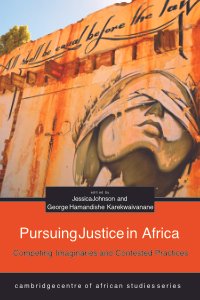Edited by Vishanthie Sewpaul, Linda Kreitzer, and Tanusha Raniga
Cultural practices have the potential to cause human suffering. The Tensions between Culture and Human Rights critically interrogates the relationship between culture and human rights across Africa and offers strategies for pedagogy and practice that social workers and educators may use. Drawing on Afrocentricity and emancipatory social work as antidotes to colonial power and dehumanization, this collection challenges cultural practices that violate human rights, and the dichotomous and taken-for-granted assumptions in the cultural representations between the West and the Rest of the world. Engaging critically with cultural traditions while affirming Indigenous knowledge and practices, it is unafraid to deal frankly with uncomfortable truths. Each chapter explores a specific aspect of African cultural norms and practices and their impacts on human rights and human dignity, paying special attention to the intersections of politics, economics, race, class, gender, and cultural expression. Going beyond analysis, this collection offers a range of practical approaches to understanding and intervention rooted in emancipatory social work. It offers a pathway to develop critical reflexivity and to reframe epistemologies for education and practice. This is essential reading not only for students and practitioners of social work, but for anyone seeking a deeper understanding of African cultures and practices.
Calgary: University of Calgary Press, 2021. 323p.








